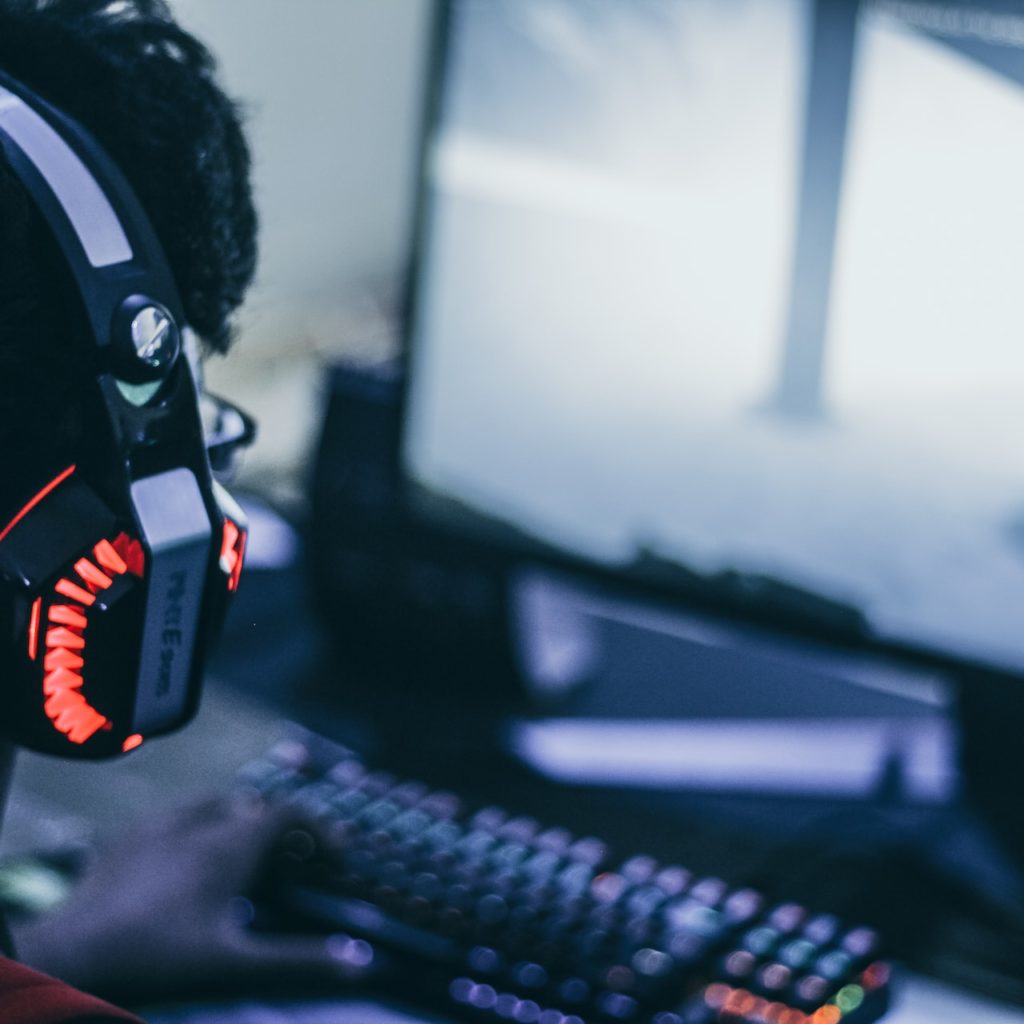Game development is an exciting field that can pay off as big for you as it does for the players who play your games. But game development on Linux? That’s an entirely different story. Linux is a great platform for game dеvеlopmеnt, because it has a large user base, a large number of games, and a large number of tools available for use. Linux is especially good for indie developers who want to make games for multiple platforms.
Choosing the Right Game Engine for Linux
You’ll want to choose a game engine that is compatible with Linux. There are many options, but here are some of the most popular:
- Unity – A popular cross-platform engine, which supports Linux. It’is our go-to when it comes to indie projects because it’s easy to use and has a great community behind it.
- Unreal Engine – This is another popular option for indie developers due to its flexibility and power; however, Unreal requires you buy a license before you can use it (which isn’t cheap).
- Godot – Another powerful open source toolkit that allows users complete freedom over how they build their games, this includes everything from scripting languages used in development all the way down through how assets like textures get loaded into memory at runtime!
There are many other options available to game developers on Linux. If you’re looking for something more specialized and/or simple, there are plenty of tools out there that might work better for your project! Naturally, you need to hire game developers you can trust.
Programming Languages for Game Development on Linux
Here are some of the most popular programming languages used in game development:
- C++. This is one of the two main programming languages you’ll find in games, along with Java (see below). It’s widely used because it has a lot of features that make it easy to write games quickly. But it can also be harder to understand than other languages if you’re new to coding.
- Python/C#/.NET Framework/.NET Core/.NET Standard/.NET Micro Framework etc… If what you want out of your game is simple enough, these might be good options for beginning coders who don’t have much experience yet. They’re easier than C++ but still powerful enough for most projects! However there aren’t really any particular advantages over using another language so feel free pick whichever one feels best suited towards what type project do want create.
- Java Java is another popular programming language that can be used for games. It’s more complex than C++ and Python, but it allows you to crеаtе games faster because it has a lot of pre-built features that make coding easier. It’s also more secure, so if you’re worried about hackers or security flaws, Java might be a good option for you.
Creating Game Assets on Linux
You can use an open source graphics editor like Krita or GIMP to create your own game assets.
If you want to make audio for your game, Audacity is a great free option that works on Linux. It’s a simple but powerful tool for recording and editing sounds. You can also import existing files into the program if needed, for example, music from Creative Commons libraries or sound effects from Freesound.org (which has tons of royalty-free resources) will work just fine in Audacity.
If you want to make 2D art for your game, Krita is one of the best open source options. It has a wide array of tools and filters that you can use to create sprites or backgrounds. If you’re more interested in 3D modeling, Blender is another good option, it’s a full-featured tool with many features that rival commercial software like Maya and 3ds Max.
If you’re just starting out with game development, it can be intimidating to learn all of these tools. But the good news is that there are tons of tutorials online that will help you get started! Check out this list of best free Linux software for artists and designers to find more resources.
Packaging and Distributing Your Game for Linux
Once you’ve made a game, it’s time to get it out there! The first step is packaging and distributing your game for Linux.
Packaging your game means creating an archive that contains all the files required to run your application on Linux systems. There are two ways of doing this: using an installer script or creating an AppImage file. An installer script will install dependencies (such as libraries), while an AppImage file doesn’t require any additional installation steps after downloading it from the internet, it just runs straight away!
However, most game developers prefer to use an installer script because they feel more comfortable working with them than creating their own AppImages manually; however, if you’d like more control over how users interact with their games then this could be a good option for you.
Conclusion
Game development is a lot easier than you might think, especially if you’re using a modern tool like Unity that allows you to release games for multiple platforms without having to write tons of platform-specific code. At the end of this article, we’ve included some resources that will help get you started with game development on Linux and get your project up and running quickly!






